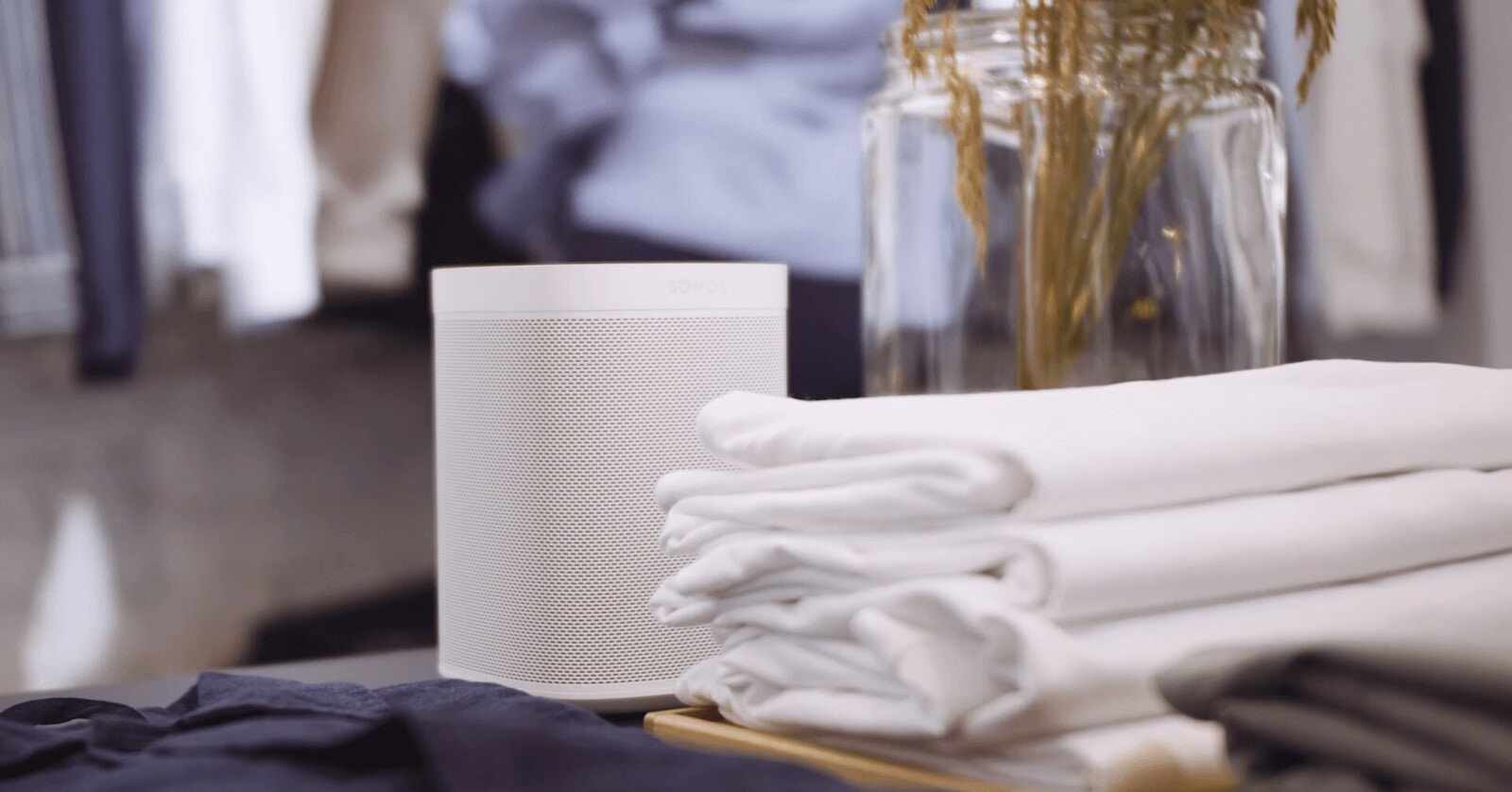Guide
Can you play Spotify in your business?

So you’re listening to Spotify at home and hear a playlist that your customers may like. What’s the harm in playing it in your business?
It’s against the law
It’s stealing from artists, writers & music creators
It’s bad for business
There is one way that you can legally import and clear those Spotify playlists to stream in your business. But first, let’s see why playing music from your personal music streaming account, whether it’s Spotify, Apple Music, Amazon Music, Tidal, Pandora or Youtube Music, places your business at risk.
Posted on March 1, 2022
Is it really illegal?
Is playing Spotify for your customers against the law or just against the contract terms and conditions of the streaming service? It’s actually both. As a business owner, you’re not only breaching the terms and conditions of Spotify and all other personal streaming services, you’re also violating copyright laws like the U.S. Copyright Act, Canada’s Copyright Act, and the EU Copyright Directive. In the U.S. copyright infringement is a federal crime in the U.S.. See: 17 U.S.C Section 206,
In fact, all but three countries in the world have copyright laws that govern how music can be used in private and business settings.
Consumer streaming is for recreation and personal use, but when playing overhead or background music in your business it’s considered commercial use or to help support commerce. That’s why the copyright laws require different licenses for commercial and non-commercial use.
It's not legal to use Spotify in public places for any size and type of business including hotels, retail stores, restaurants, bars, offices, medical clinics, gyms, salons, spas or schools. With Spotify, you can only stream music for non-commercial, personal entertainment use.
All personal music streaming services including Spotify do not cover licenses for commercial use or ensure that artists, songwriters, composers, recording labels, music publishers and rights holders are property paid for music played in a business environment. Music licensing for business use can be complicated and must cover both the use of sound recordings and public performance, but there are streamlined and affordable solutions made for business. Globally, record labels own Sound Recording Copyright. In the U.S. and Canada, businesses must also abide by the performance rights organization (PRO) requirements for ASCAP, BMI, SESAC and GMR and SoCan who are charged with tracking and collecting the performance royalties that are earned whenever a song is publicly performed or streamed or Collective Management Organization who are charged with collecting royalties generated by several types of use. (Find the list of other global PRO’s and CMO’s_ here.)
It's not possible to use Spotify in public places (such as bars, restaurants, stores, schools, etc.). You may only make personal, non-commercial, entertainment use of the content.
What happens if you’re caught?
The risk of significant fines. Large companies, like Peloton, have been sued for many millions of dollars for playing music without the right licenses, and small businesses, like local bars, stores, and restaurants, have been fined from between for hundreds of thousands. It can be devastating no matter the size of your business.
When a business that fails to obtain the proper license they are subject to damages pursuant to 17 U.S.C. 504. Copyright owners are entitled to recover the actual damages suffered as a result of the infringement. Actual damages mean the amount of money adequate to compensate the copyright owner caused by and profits received from the performance of music or for the reduction of the fair market value of the copyrighted work caused by the infringement. Statutory damages are $750 to $30,000 per any single song use – unless the copyright infringement is willful. When a copyright owner establishes that the copyright infringement was committed willfully, the court may increase the statutory damages award to $150,000. The statute further permits the court to award recovery of the full cost to any party and reasonable attorney's fees to the prevailing party as part of those costs.
How does it hurt artists and music creators?
Music creators earn a living via the sale, streaming, and performance of their music. Musicians and songwriters rely on the streaming and performance income, including when music is played for commercial use, in order to make a living and continue making music and earning a living.
Musicians and songwriters earn five to ten times more – when their songs are streamed in a commercial environment where a business is using music to create an atmosphere or entertain customers, employees, patients, and guests. This is largely why licensed music via commercial music streaming services, cost slightly more than personal streaming services.
By misusing music or not using a commercial streaming service that tracks and remunerates music creators and right holders properly, they not only lose income but this misuse results in stealing from artists and effectively damages songwriters and music creators.
What are the benefits of using music service designed for business
Schedule music in advance
Personal streaming services don’t enable you to schedule music playlists to meet the needs of your businesses throughout the day, week, or month. Scheduling the right music throughout key times of your day lets you focus on running your business and delighting guests, as well as keeping employees motivated before and after business hours.
Control everything from anywhere
You should be able to view and control what’s playing whether you’re on site, across town, or in another city. You don’t want to risk staff playing whatever they want from their personal devices or playing music that doesn't fit your brand and customer experience.
Empower staff... intelligently
Staff must be able to respond to the changing traffic and noise levels within your business. They should be able to adjust the volume or choose from a set of approved, on-brand playlists. A great commercial music service lets you set permission levels that make sense for your business music needs.
Keep the wrong music out
Finally, having a reliable filter for explicit lyrics is important and you need to be able to block individual songs from playing, if they don’t meet your brand's image.
Essentially, you want a service that’s designed for your business needs that provides you with the confidence and control required, while alleviating the frustration that comes with using the wrong music streaming and technology solution.
How can I legally and easily import Spotify playlists to stream in my business?
Importing Spotify playlists into a licensed music for business environment couldn’t be easier. Soundtrack, formerly Spotify for Business, provides a state of the art commercial streaming platform with a catalog of over 90 million songs that enables you to drag playlists directly from your Spotify account to create new licensed playlists cleared for business use.
And if you want to search for specific songs and create your own playlists as you would in Spotify, or play a particular song when you want to, you can do that too, with Soundtrack. You can also save time by selecting from over 1,000 playlists curated especially for business.
Redefine your music streaming
Explore our custom plans and pricing or start listening today with a no obligation 14 day trial, unlocking the world’s largest available commercial music catalog via Soundtrack Unlimited.
Related articles

Complete guide to the best sound system setup for your business

Background Music for Retail Stores: 5 Tips to Select the Right Music

How to Legally Play Music in Your Business

Business Music Streaming – How To Choose the Right Service

Best Music Streaming Service for Restaurants

7 Steps to Create the Perfect Background Music for Business